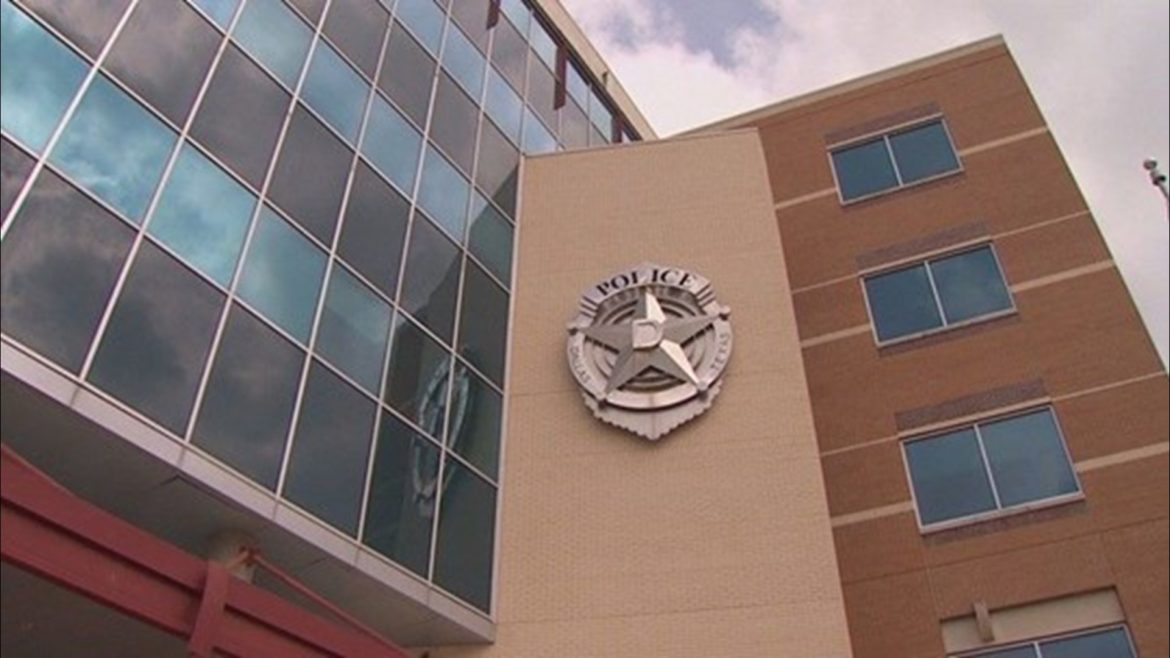Dallas Police Chief Daniel Comeaux has clarified the Dallas Police Department’s (DPD) position on immigration enforcement, stating that neither federal nor state officials have requested the department’s involvement in such activities.
The DPD has also not formed a formal partnership with U.S. Immigration and Customs Enforcement (ICE). This statement came in response to a detailed inquiry from Congresswoman Julie Johnson, who represents Dallas and sought clarity amid growing public discourse regarding the department’s stance on ICE detention practices and the 287(g) program.
Congresswoman Johnson’s concerns were prompted by recent public statements, community forums, and media reports, which questioned the DPD’s involvement with ICE. The 287(g) program, which allows local law enforcement officers to perform certain immigration enforcement duties, has been a focal point of these discussions, particularly after the city of Keller joined the program, becoming the first in Tarrant County and the second in Texas to do so.
In a letter shared by Congresswoman Johnson’s office, Chief Comeaux reiterated that the DPD has not entered into a partnership with ICE under the 287(g) program. He emphasized that Dallas police officers are instructed not to stop or contact individuals solely to determine their immigration status. This is in line with state law, which prohibits local entities from materially limiting the enforcement of immigration laws. Instead, the DPD continues to offer support to other agencies as requested, ensuring adherence to applicable laws while not initiating immigration enforcement independently.
Chief Comeaux further clarified that during routine policing, DPD officers do not actively collect information about a person’s immigration status. However, if an arrestee voluntarily provides such information, the officers include it in their report, which is then forwarded to the Dallas County jail. Despite these protocols, as of August 20, the DPD had not received any formal requests from state or federal agencies to assist in immigration enforcement efforts.
This clarification comes after the Dallas Police Oversight Board sought answers from Chief Comeaux, following a contentious meeting in June where the City Attorney’s office restricted him from addressing specific immigration-related questions. The ongoing dialogue around the department’s role has sparked broader discussions within the community about the implications of local law enforcement’s involvement in federal immigration enforcement, raising significant concerns regarding civil rights and community trust.
The DPD remains committed to its core policing duties while respecting the legal framework governing immigration enforcement, ensuring that its operations are transparent and aligned with community expectations. As discussions on this issue continue, the department pledges to keep stakeholders informed and collaborate with community leaders to address any concerns related to public safety and civil liberties.

